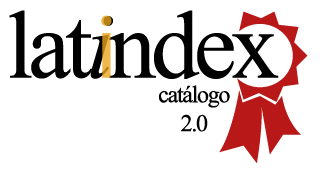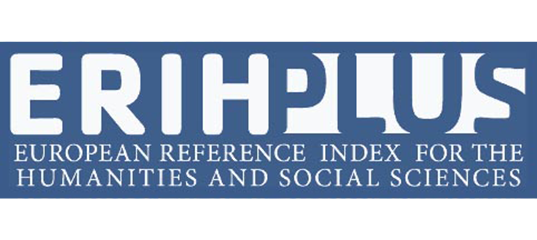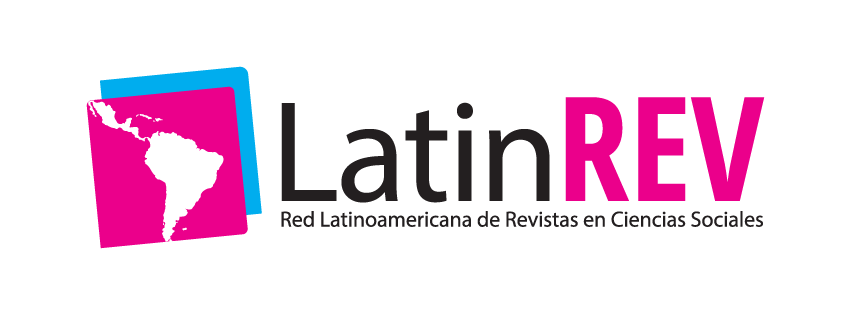Quantifying opinions expressed in tweets during the 2021 Ecuadorian Presidential Elections through Sentiment Analysis
Abstract
This work summarizes the results obtained after applying the Sentiment Analysis technique in tweets published during the Presidential Debate and the Ecuadorian Presidential Rounds of 2021. Criteria and alternatives are exposed to organize and quantify the opinions expressed on Twitter by thousands of users on the issues in question, and the characters involved. These techniques could benefit government entities that seek to measure citizen acceptance, or private organizations that seek to know the general opinion about a service or a brand.
Downloads
Metrics
References
Aouicha, M. B., Taieb, M. A. H., & Hamadou, A. B. (2016). Taxonomy-based information content and wordnet-wiktionary-wikipedia glosses for semantic relatedness. Applied Intelligence, 45(2), 475-511.
Garrett,K. R. (2006). Protest in an information society: A review of literature on social movements and new ICTs. Information, communication & society, 9(02), 202-224.
Scherman, A., Arriagada, A., & Valenzuela, S. (2014). Student and Environmental Protests in Chile: The Role of Social Media. Politics, 35(2), 151–171. doi:10.1111/1467-9256.12072
Fábrega, J., & Paredes, P. (2013). La política chilena en 140 caracteres. Intermedios. Medios de comunicación y democracia en Chile, 199-224.
Feldman, R. (2013). Techniques and applications for sentiment analysis. Communications of the ACM, 56(4), 82-89.
Bradshaw, S., & Howard, P. (2017). Troops, trolls and troublemakers: A global inventory of organized social media manipulation.
Glisson, L. (2019). Breaking the spin cycle: Teaching complexity in the age of fake news. Libraries and the Academy, 19, 3, 461-484. https://doi.org/10.1353/pla.2019.0027
PDF (Español (España)) 96 HTML (Español (España)) 0
Authors maintain the rights to the articles and are therefore free to share, copy, distribute, execute, and publicly communicate the work on their personal websites or in institutional deposits, after its publication in this journal, as long as they provide bibliographic information that certifies its publication in this journal.
The works are under one https://creativecommons.org/licenses/by-nc-nd/4.0/




























